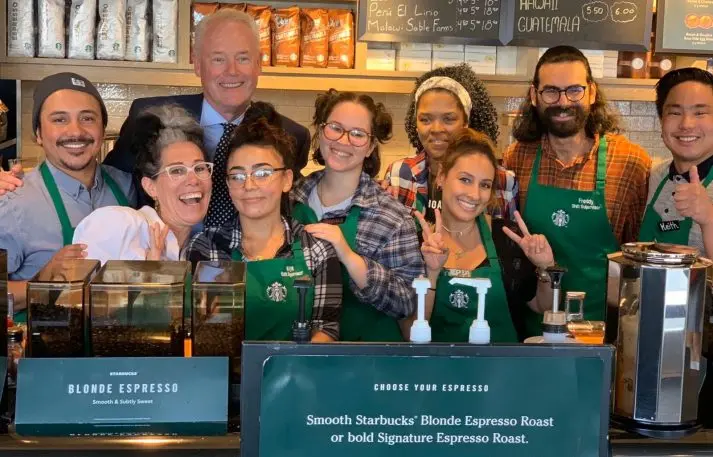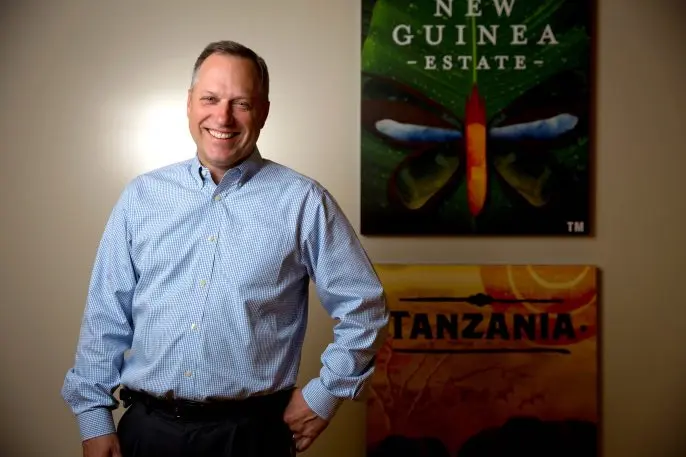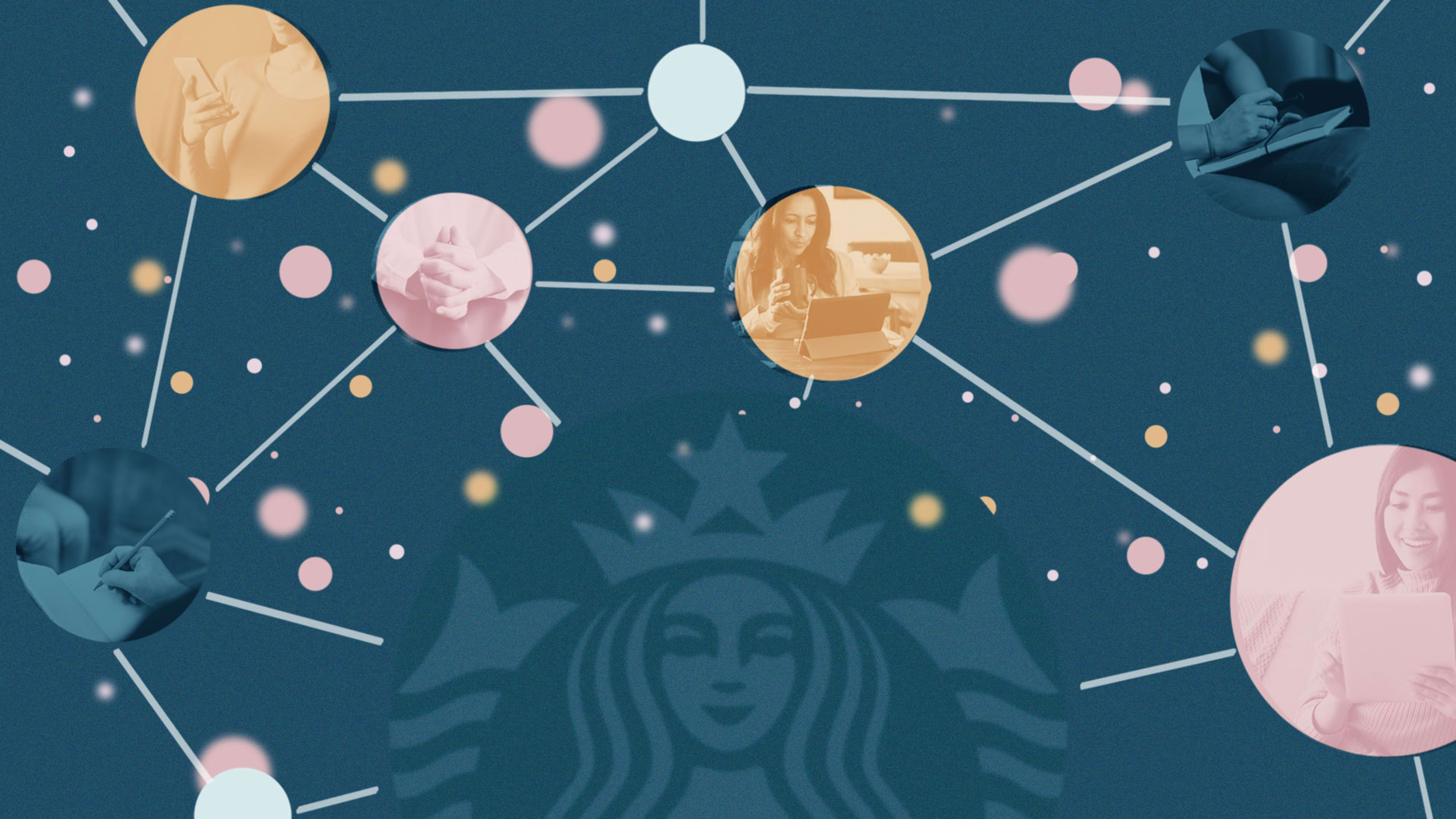All Starbucks employees in the U.S. and each of their eligible family members will be able to access up to 20 therapy sessions a year, as part of a sweeping expansion of the Seattle-based company’s mental health benefits.
“Partners were saying that there’s more we could do as a company to help them around the topic of mental health and well being,” Starbucks CEO Kevin Johnson told Fast Company. “As a leadership team, we said, ‘Let’s figure out what we can do.’ ”
The coffee retailer has contracted with Lyra Health, a provider of mental health benefits, to connect employees—or partners, as Starbucks calls them—with therapists or coaches. The program launches April 6.
The announcement comes as Starbucks and other retailers grapple with the spread of the coronavirus and its effects on operations and employees. Starbucks, which touts its locations as a “third place” (besides work and home) for gathering, has said it may limit seating and take other measures to “improve social distancing.” And last week the company said it would offer catastrophe pay to employees who would have to miss work due to exposure to COVID-19.
While Starbucks employees typically have to work an average of 20 hours a week or more to qualify for many benefits such as medical coverage, Ron Crawford, Starbuck’s vice president of global benefits, said all workers—some 220,000 people—can access the mental health program. (Workers at licensed stores, often found in airports or rest stops, are not employed by Starbucks and therefore are not eligible.)
Johnson said the effort to expand Starbucks’s mental health offerings emerged from meetings and conversations with employees, including military veterans and their spouses, who said they could use more emotional support as they navigated post-military life.

One employee who was in attendance, Brian Alfano, recalled: “I felt like 90% of that whole conference was about mental health.” For Alfano, a store manager in Norfolk, Va., who says he suffers from anxiety and depression, the event was a revelation. “I learned it is okay to not be well.”
In recent months Starbucks has introduced a number of employee-focused measures around mental health, including free subscriptions to meditation app Headspace and an online mental health forum that more 5,000 employees contribute to.

The partnership with Lyra allows employees to use a mobile app to find and schedule appointments with coaches and therapists who are part of the program’s network. Crawford noted that many therapists do not take health insurance, which makes the cost of therapy prohibitive for some. Lyra enables patients to schedule in-person or online sessions. Lyra is “meeting people where they are today,” Crawford said. Some “are more comfortable doing things on a mobile device.”
Johnson demurred on the topic of the workplace as a potential source of stress and anxiety, but noted: “We have a responsibility to continue to care for and support our Starbucks partners. They are the heartbeat of Starbucks.”
Even before adding free therapy sessions, Starbucks was ahead of its peers in dealing with mental health in the workplace, said Alfano, the store manager. He said he has worked in the restaurant industry for more than two decades, and mental health “wasn’t talked about” at previous employers. With its expanded benefits, he said, “Starbucks is going to help shape the way other companies handle mental health. “
Recognize your brand’s excellence by applying to this year’s Brands That Matter Awards before the early-rate deadline, May 3.
